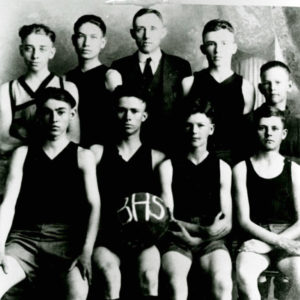 Batesville Basketball
Batesville Basketball
Race and Ethnicity: White - Starting with B
 Batesville Basketball
Batesville Basketball
Batesville to Denmark, Fairview, Hitcher’s Ferry and Bush’s Ford, Scout from
Batesville to Devil’s Fork of the Little Red River, Expedition from
Batesville to Elgin, Expedition from
Batesville to near Searcy Landing, Expedition from
Batesville to West Point, Grand Glaize, Searcy Landing, etc., Scout from
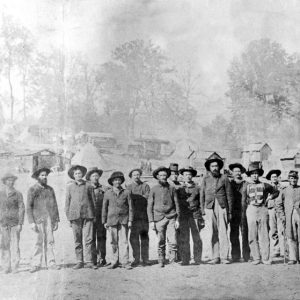 Battle of Arkansas Post Troops
Battle of Arkansas Post Troops
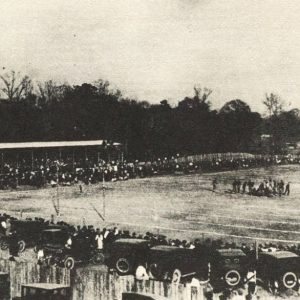 Battle of the Ravine, 1922
Battle of the Ravine, 1922
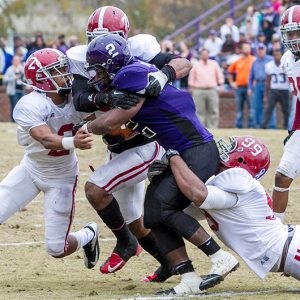 Battle of the Ravine, 2013
Battle of the Ravine, 2013
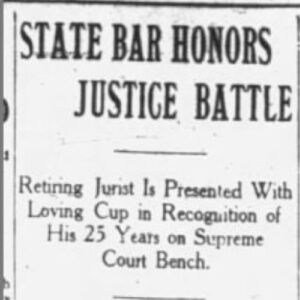 Burrill B. Battle Story
Burrill B. Battle Story
Battle, Burrill Bunn
Baucum, George Franklin
Baxter, Elisha
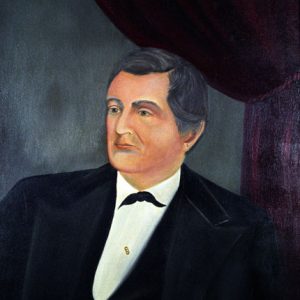 Elisha Baxter
Elisha Baxter
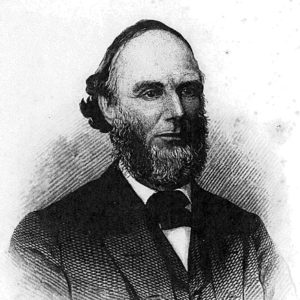 William Baxter
William Baxter
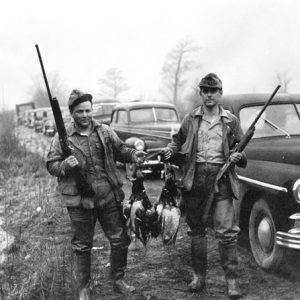 Bayou Meto Duck Hunters
Bayou Meto Duck Hunters
Bazzel, David
Beall, Ruth Olive
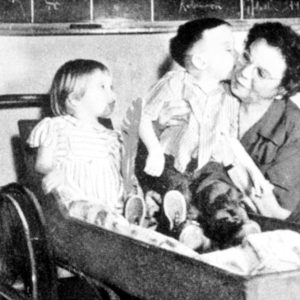 Ruth Olive Beall
Ruth Olive Beall
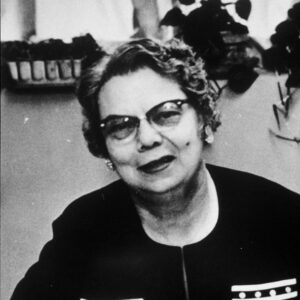 Ruth Olive Beall
Ruth Olive Beall
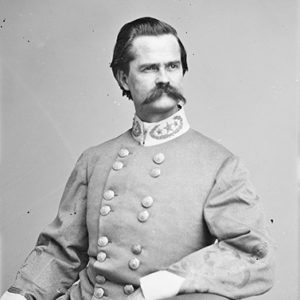 William Beall
William Beall
Beall, William Nelson Rector
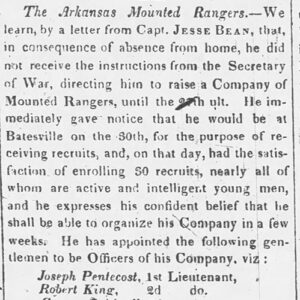 Bean's Rangers
Bean's Rangers
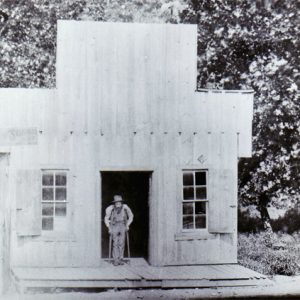 Bear Post Office
Bear Post Office
Beard, Willis (Execution of)
Bearden, Henry Eugene (Gene)
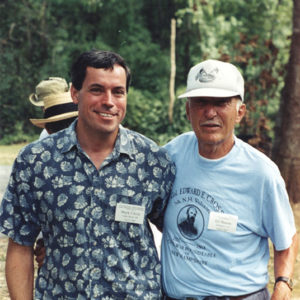 Ed Bearss with Mark Christ
Ed Bearss with Mark Christ
Bearss, Edwin Cole (Ed)
 The Beatles
The Beatles
Beatty, Morgan Mercer
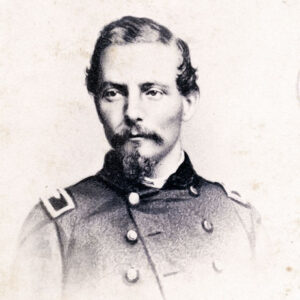 P. G. T. Beauregard
P. G. T. Beauregard
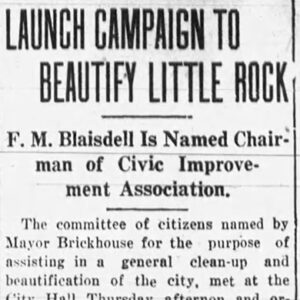 Beautify Little Rock Committee
Beautify Little Rock Committee
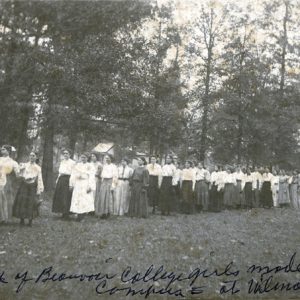 Beauvoir College Students
Beauvoir College Students
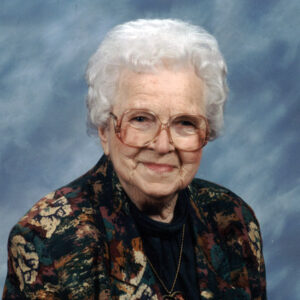 Opal Beck
Opal Beck
Becker, Jerome Bill
 Beebe Campaign Brochure
Beebe Campaign Brochure
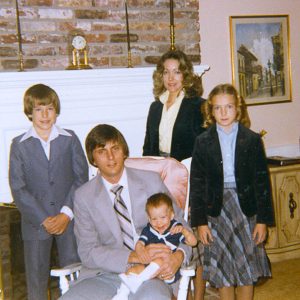 Beebe Family
Beebe Family
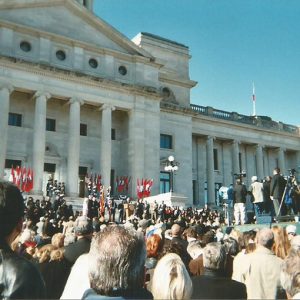 Beebe Inauguration
Beebe Inauguration
Beebe, Ginger Kay Croom
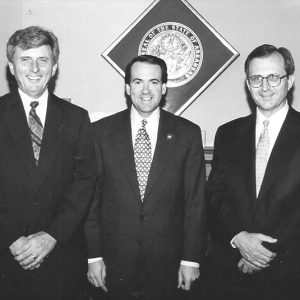 Beebe, Huckabee, and Bradbury
Beebe, Huckabee, and Bradbury
 Mike Beebe
Mike Beebe
Beebe, Mike
 Mike Beebe at Diamond Bear Brewery
Mike Beebe at Diamond Bear Brewery
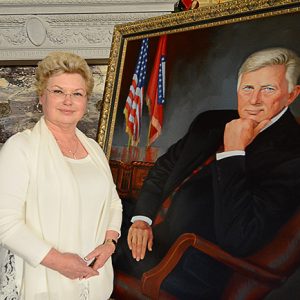 Mike Beebe Portrait
Mike Beebe Portrait
 Mike Beebe at Kays House
Mike Beebe at Kays House
Beebe, Roswell
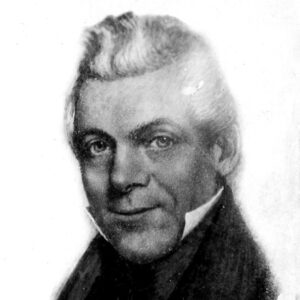 Roswell Beebe
Roswell Beebe
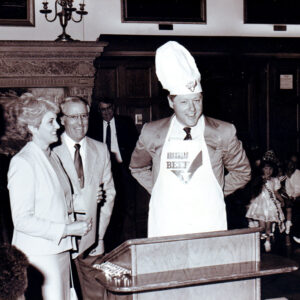 Beef Promotion
Beef Promotion
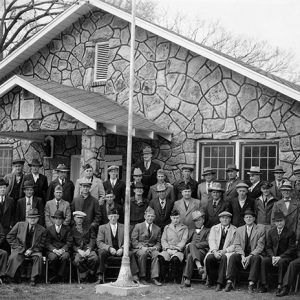 Beely-Johnson American Legion Members
Beely-Johnson American Legion Members
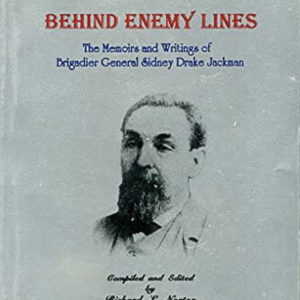 Behind Enemy Lines
Behind Enemy Lines




